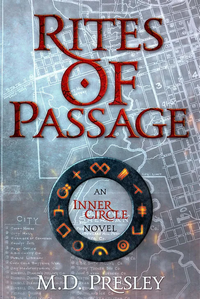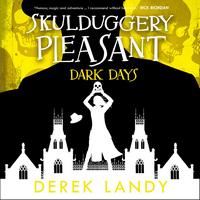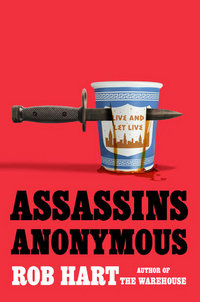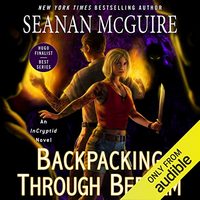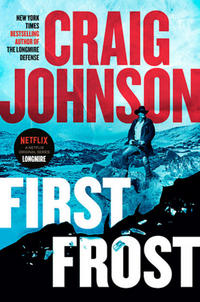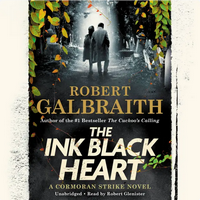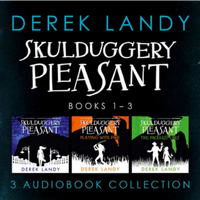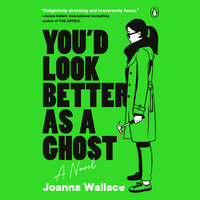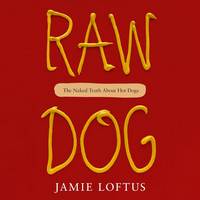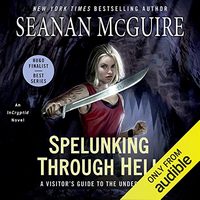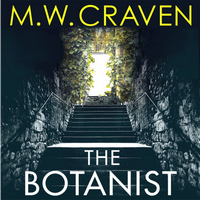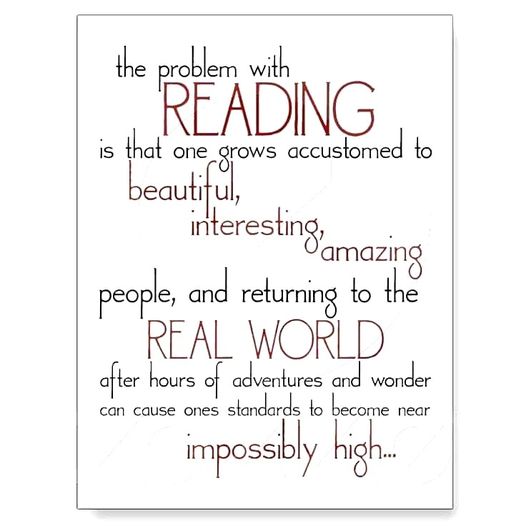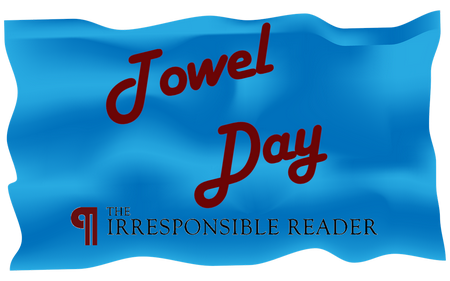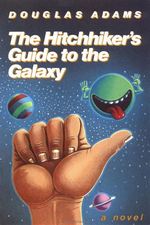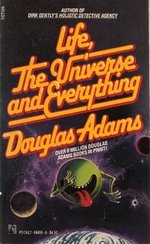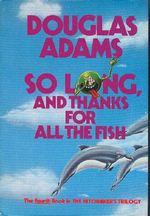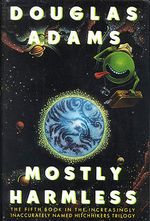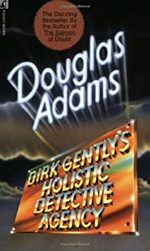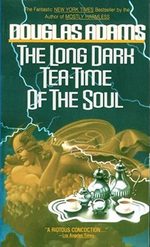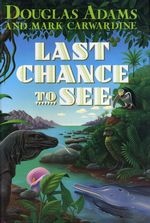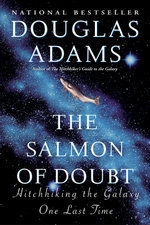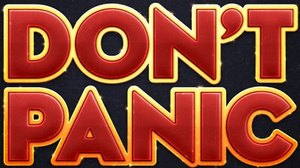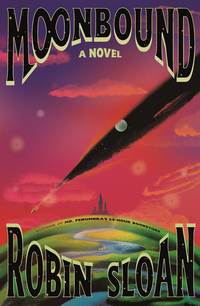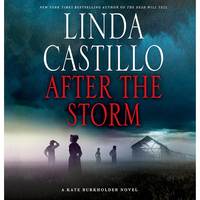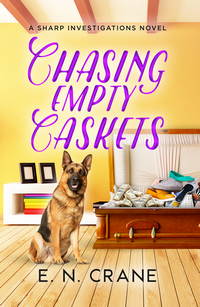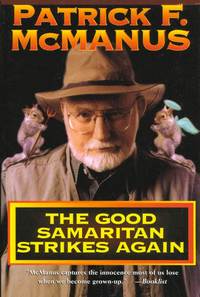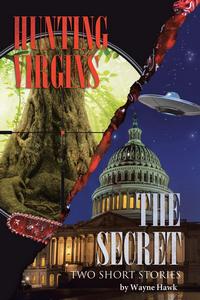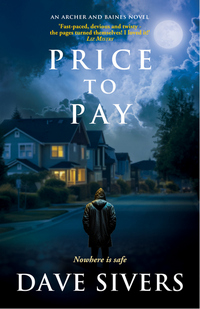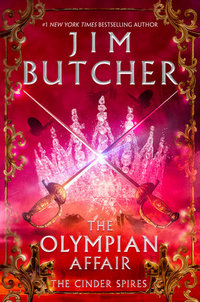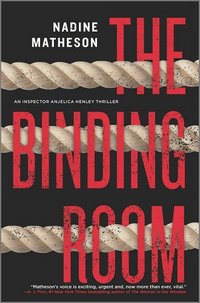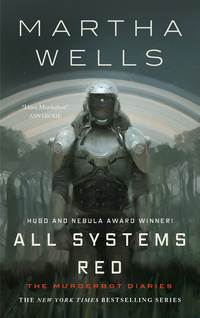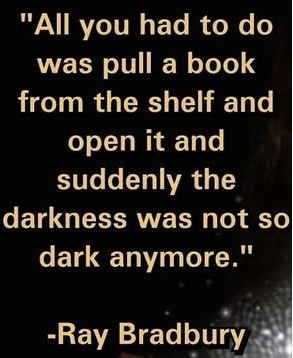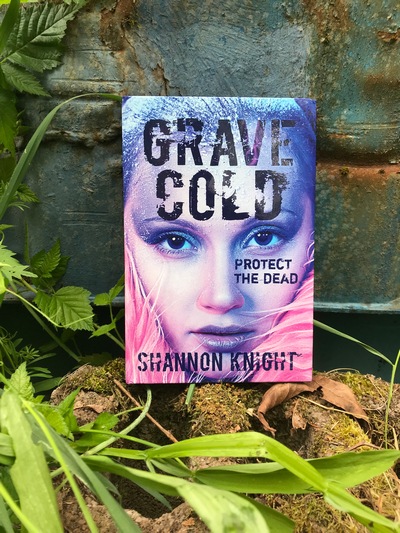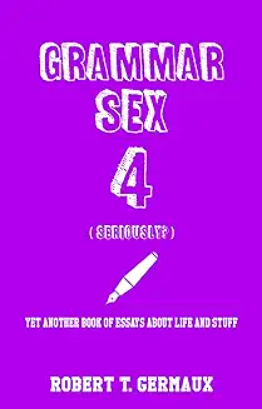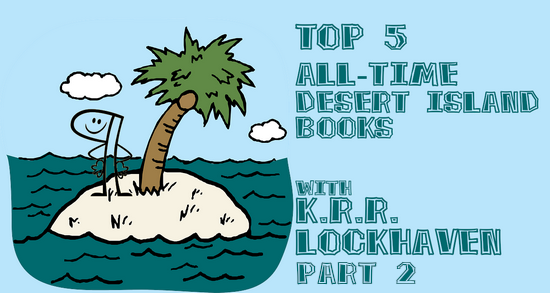
“K.R.R. (Kyle Robert Redundant) Lockhaven used to love writing as a kid. Starting at about ten years old, he wrote about anything from dragons to sentient jellybeans. Somewhere along the line, he lost that love. But now as a firefighter, husband, and father of two sons, he found it again. Unfortunately, he couldn’t find the really good stuff from back then…
“Kyle is a huge proponent of summer camps for burn survivor kids. [A portion] from every book he ever sells will go to the Washington State Council of Firefighters Burn Foundation, sponsors of Camp Eyabsut. For more info, or to donate money or time, go to www.campeyabsut.org.”
I’m truly delighted to close out the second run of this series submitted by authors with the return of K.R.R. Lockhaven to the series. He wanted to take another shot at this after last year. Who am I to deny him that?
Desert Island Part 2
In his infinite mercy, the Irresponsible Reader has allowed those of us stranded on deserted desert islands to double the number of books we can have during our stays. The first five books I chose can be found here (you should probably warm up with a few gentle eye rolls before you read it). In the last installment, I picked several of my favorite books, as well as a guide to building a boat from scratch so I could eventually get back home to my loved ones. In this edition, I’m going strictly with books I haven’t yet read. Also, I finally got my delete key fixed so there won’t be any embarrassing blunders this time. I can write stuff like poop poopy poopoo and simply erase it….
Damn.
Apparently, my stupid delete key is broken again.
Anyway, on to books 6-10 that I would take to a desert island:
6. What to Say When You Talk to Yourself by Shad Helmstetter, Ph.D.
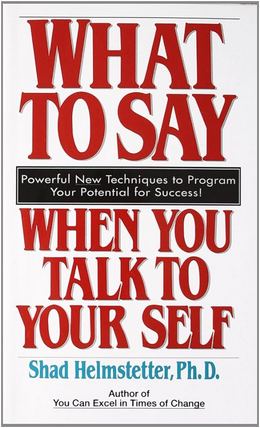
When I’m stranded on said island, there will be a serious lack of people to talk to. So, I’d better learn how to talk to myself, right? But what does one say to one’s self? I wouldn’t have a clue where to start. This book will show me the way.
Its description says it’s “Considered by many to be one of the most important and helpful personal growth books ever written.” As an author, I know it’s impossible to lie on the book description, so this is fantastic. Many, it says. More than two people consider this to be one of the most important and helpful personal growth books ever written. I’m sold!
But seriously, it looks kind of good. Eliminating negative self-talk will be important for me on the island.
7. House of Leaves by Mark Z. Danielewski
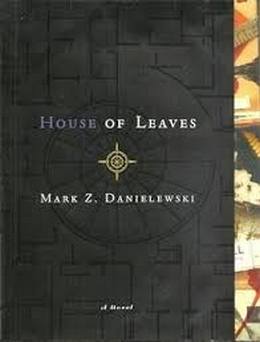
I have been fascinated by the idea of this book for a while, but I feel like I’ll never be able to give it the time and effort it demands of readers. Until now! Once stranded on the island, I’ll have more time than I know what to do with.
If you haven’t heard of this book, a picture might help you get the basic gist:
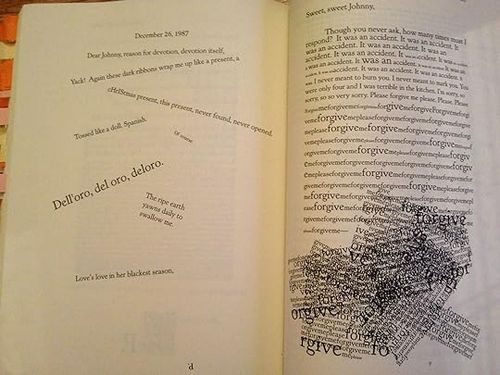
This is just one example of the strange formatting of the book. It’s an epistolary metafiction written in an academic format that focuses on a story within a story and is rife with exhibits, appendices, and footnotes. All of this sounds a bit daunting, but, again, I’m going to have lots of time to kill. From what I can gather, the book is about a larger-on-the-inside labyrinth in a house, so it has some serious Piranesi (written by Susanna Clarke) vibes, which I love.
8. Cain’s Jawbone by Edward Powys Mathers
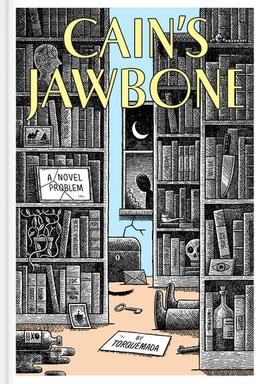
In a similar vein to House of Leaves, this book challenges the shit out of the usual novel format, only this one requires reader participation.
Cain’s Jawbone, first published in 1934, is a puzzle that consists of a 100-page prose narrative with its pages arranged in the wrong order. I would prefer to take the second edition, which is a boxed set of page cards, to the island. To solve the puzzle, the reader must determine the correct order of the pages and figure out the names of the murderers and victims in the story. The pages can be arranged in 9.33×10157 possible combinations, but there is only one correct order, so this could be a great way to pass a LOT of time. The solution to the puzzle has never been made public, and, at the time of this writing, there have only been three people in the world who have solved it. That number will be four by the time I get home!
9. Legacy of Brick and Bone by Krystle Matar
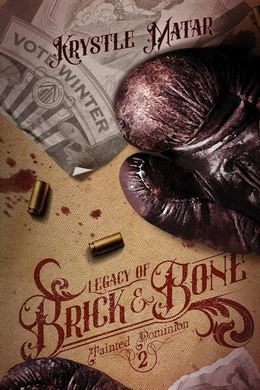
I can’t believe I haven’t read this yet! What is wrong with me? I absolutely loved Legacy of the Brightwash, yet I have let this likely-wonderful book sit unread on my shelf for much too long.
For those who don’t know, Legacy of Brick and Bone is book 2 in the Tainted Dominion series. I would describe the series as dark Gaslamp fantasy. At times, it might be considered grimdark, but those labels are a whole different thing I can ponder while alone on the island. The first book in this series surprised me. I had heard all the praise about it but assumed it wasn’t going to be for me. The main reason, I suppose, was that I had heard a big part of it was romance. I have nothing against romance but it’s usually not something I seek out. I loved the romance in this one, though. I loved the romance, the worldbuilding, the complex characters, the action, the prose, and, most of all, the emotions. Matar is fantastic at writing and eliciting the entire spectrum of emotions. Letting out emotions will be important for me on the island.
10. In Defense of Sanity by G.K. Chesterton
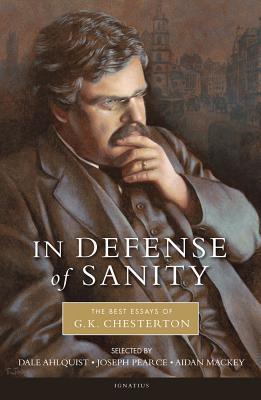
While alone on this island, my sanity will be in danger of slipping. Hopefully, I have some kind of ball I can befriend. If not, this book might help me defend my precious and fragile sanity.
In Defense of Sanity is a collection of essays written by the prolific G.K. Chesterton. To be honest, I wasn’t aware of Mr. Chesterton until researching books for this list. I thought, haha, a book about defending sanity will be perfect and funny and clever and everyone else will think so too and everyone will like me and respect me for my cleverness. What I didn’t expect was that this author would be a genius! At the time of this writing, the sample size justifying this assessment is rather small. I have only read two of his essays: Cheese and On Running After One’s Hat.
Cheese is a hilarious essay about how cheese doesn’t get the respect it deserves in poetry and literature. He goes on and on about cheese as if it’s the most important thing in the world (and he might be right!) I can only hope to have some cheese with me on the island.
On Running After One’s Hat is a slightly more serious rumination on life. In it, Chesterton challenges the idea of inconvenience, giving the example of chasing one’s hat in the wind. He chooses to see this act as an opportunity for fun and adventure instead of an embarrassing inconvenience. Throughout the essay, he challenges the reader to shift their perspective about…everything. The way someone looks at the world can greatly influence their mood as they go through the unavoidable ups and downs of life. Mr. Chesterton and I are kindred spirits in that regard. Perspective isn’t everything, but its power, in my opinion, is often overlooked. My favorite quote from this essay (and one of my favorite quotes full stop) is:
An adventure is only an inconvenience rightly considered. An inconvenience is only an adventure wrongly considered.
Being stranded on a deserted island will be quite an inconvenience. Maybe a bit of a perspective shift could do me some good!
Thank you, again, H.C.! Writing posts for your blog is always fun. It’s an honor to be asked to return 🙂
Lockhaven is the author of a hopepunk trilogy, a cozy fantasy, a nutty multiverse dragon novel, and its Choose Your Own Adventure-esque sequel. All of them are well-worth your time. Go check out his site to learn about them!
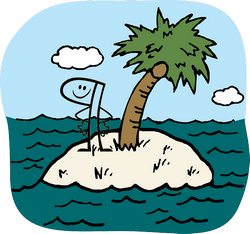
Image by Clker-Free-Vector-Images from Pixabay
![]()



